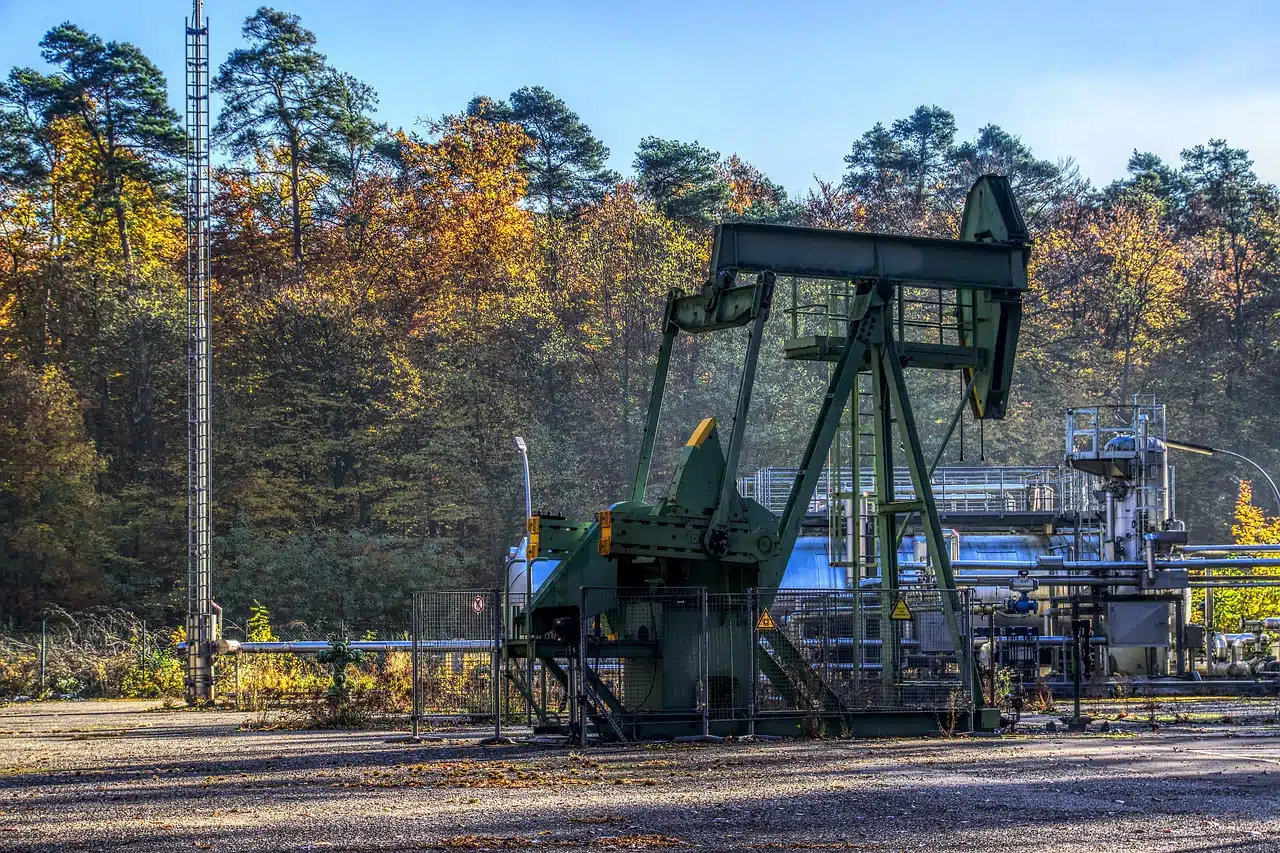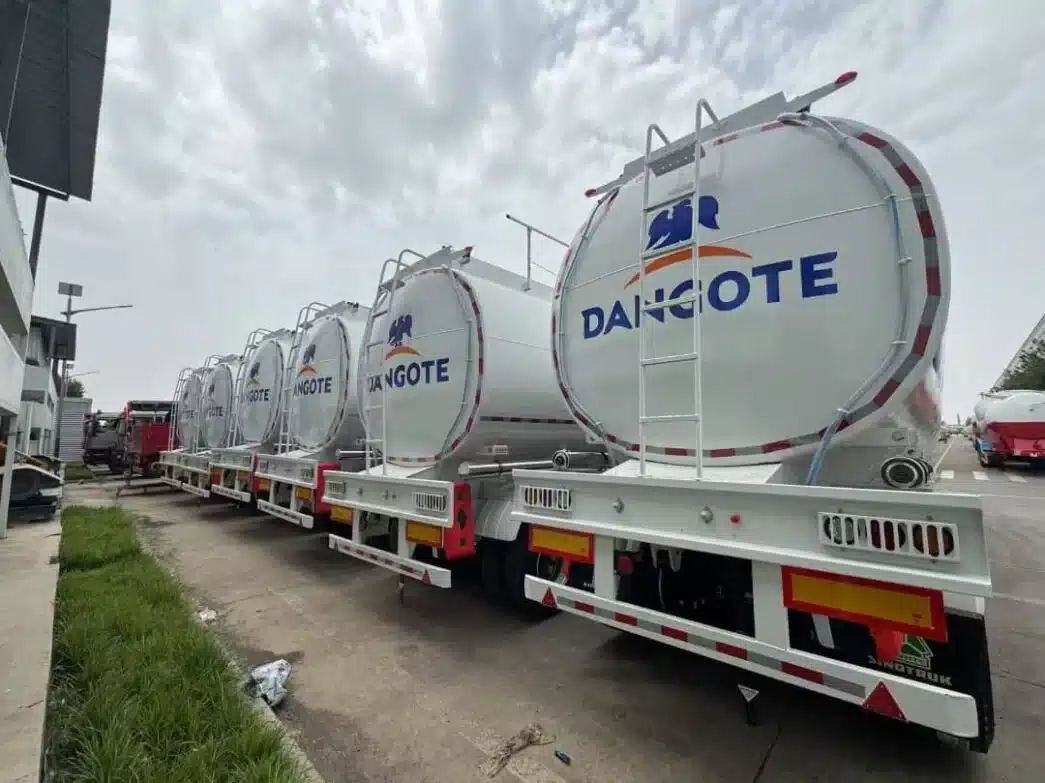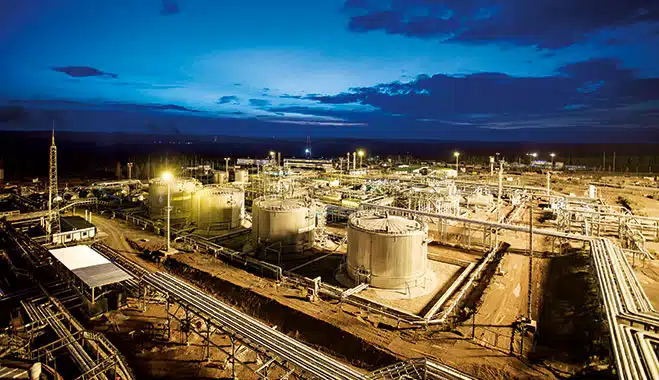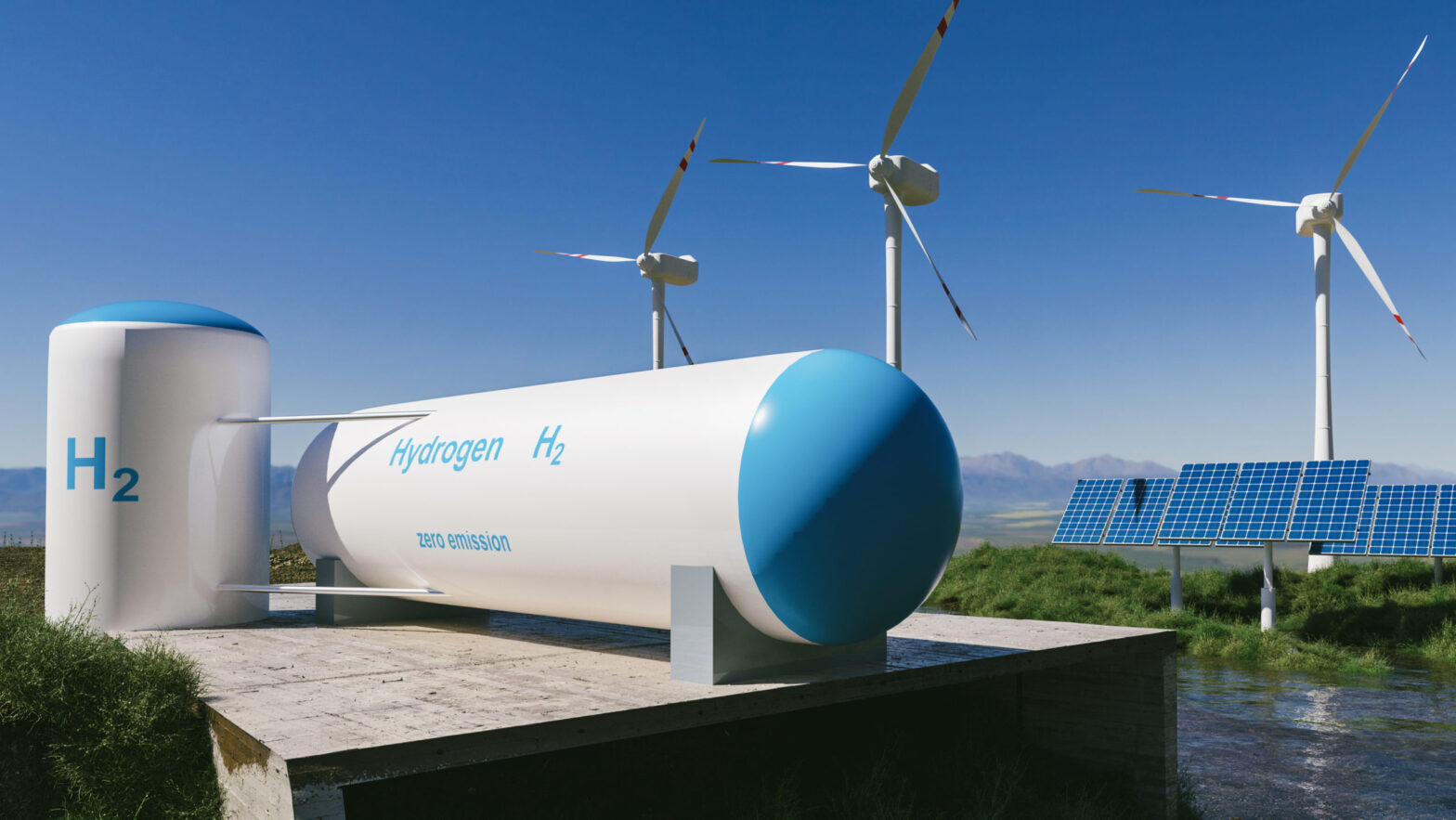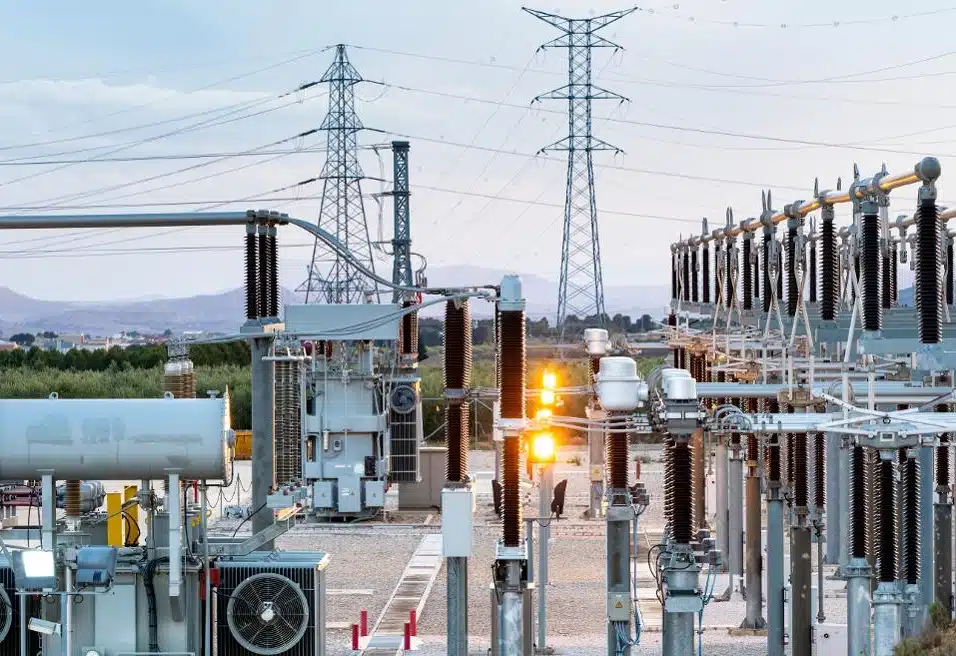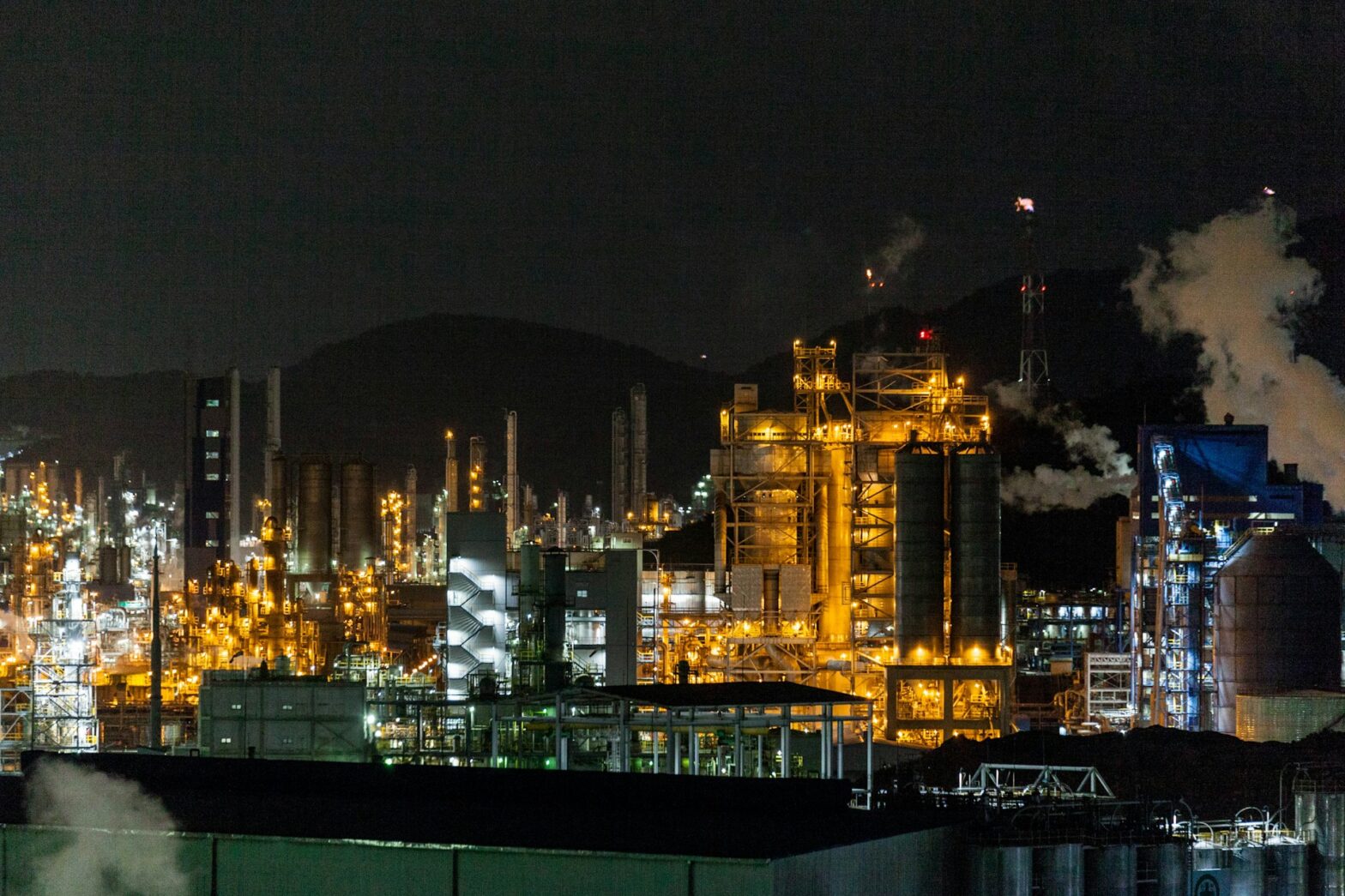In economics, it’s commonly said that high prices often result from high demand or limited supply. However, the reality can be more complex.
One of the fundamental drivers of high prices is the cost of production.
For the oil and gas industry, production cost plays a critical role in determining the final selling price of crude oil and refined products.
These costs vary across countries and depend on factors such as extraction techniques, infrastructure, geopolitical stability, and market conditions.
Despite holding over 37 billion barrels of proven crude oil reserves, Nigeria’s oil production costs are notably higher than many other oil-producing nations.
Production costs in Nigeria vs. other oil regions
Nigeria ranks among the highest globally in terms of upstream oil production costs.
In February 2024, Zacch Adedeji, Chairman of the Federal Inland Revenue Service, revealed that oil companies operating in Nigeria report an average production cost of $48.71 per barrel
One year later, the Nigerian Upstream Petroleum Regulatory Commission (NUPRC) adjusted that range, stating production costs now fall between $25–$40 per barrel.
In comparison, that is significantly higher than production costs in top oil-producing countries like Saudi Arabia, Russia, Iran, and Iraq where efficient operations allow for costs to be less than $25 per barrel.
Put differently, Nigeria, despite its huge oil reserves, incur most costs extracting a barrel of crude oil than any other OPEC+ member country.
The country’s oil production costs are among, if not, the highest in the world, according to various sources consulted.
What are the factors driving production costs high?
- Insecurity
Insecurity is one of the leading causes of high production costs.
Oil companies operating in Nigeria’s onshore and shallow water assets describe the environment as “harsh.”
The Niger Delta region, where many of Nigeria’s oil fields are located, is prone to vandalism, oil theft, and sabotage.
These security threats lead to frequent disruptions in operations and push operational costs upward.
Oil companies are often compelled to budget significantly for asset protection, worker safety, and community relations.
- Limited local content and skilled labour
Although local companies have taken on bigger roles in Nigeria’s oil sector in recent years, the country’s upstream oil sector is still heavily influenced by foreign companies.
As of May 2023, local content in Nigeria’s oil sector has increased to 54% as of May 2023, still leaving a significant share in the hands of international firms.
These firms bring expertise and advanced technologies, and pay heavily to sustain them.
They also spend money training and retaining local talent, which ultimately adds up to operational expenses.
Furthermore, most oilfield equipment and technical services are imported often at inflated costs because of unfavourable currency volatility.
- Financial and operational challenges
Companies in the Nigerian oil sector face high capital costs, driven by FX losses, expensive financing, and hedging costs.
As a result, deep offshore operations are limited to major international players like Shell, Chevron, TotalEnergies, ExxonMobil, and Eni.
Many indigenous firms avoid offshore projects, deeming them too risky.
High overheads and poor infrastructure have also left many onshore and shallow water fields untapped or underutilized.
Those acquiring fields from IOCs must invest heavily in modernisation to reduce costs and increase productivity.
- Geological and environmental factors
The location of oil fields significantly impacts production costs.
Technically complex sites like deep offshore wells demand heavy investments.
Presently, about 40% of Nigeria’s oil production comes from such offshore fields which hold some 35% of the country’s total proven oil reserves.
While these projects are not subject to the environmental compliance pressures seen in onshore fields, they still require higher capital outlays.
However, a 2024 Rystad Energy report suggests offshore deepwater projects are among the most cost-effective for new developments.
How does this impact Nigeria’s economy?
Nigeria’s heavy dependence on oil revenues means that high production costs have serious economic consequences.
The country’s budget and foreign exchange earnings are deeply tied to oil performance.
When costs are high, profit margins shrink, which also affects tax revenues—a key source of government funding.
High costs also discourage new investment, especially when global oil prices are low.
Yet, this is a sector that contributes over 70% of the national budget and more than 80% of export earnings.
The NUPRC has raised concerns that persistently high production costs could hinder Nigeria’s ability to attract competitive investment in the long term.
Possible road-outs
Nigeria’s upstream oil sector requires reforms and governance improvements.
The passage of the Petroleum Industry Act (PIA) in 2021 was a significant milestone, showing intent to address inefficiencies.
Although implementation has been slow, executive actions since then point toward progress.
In May 2024, the government introduced the Upstream Petroleum Operations (Cost Efficiency Incentive) Order, which provides a 20% annual tax waiver to oil operators who reduce their operating costs by at least 50%.
This move aligns with the NUPRC’s goal of bringing Nigeria’s oil production cost down to $20 per barrel.
The bottom line
While global trends in upstream project costs play a role, Nigeria’s high oil production costs are also rooted in domestic challenges.
These include insecurity, foreign dependence, currency risks, infrastructure issues, and geological complexities.
Unless these barriers are addressed, Nigeria will continue to face elevated costs, limiting its ability to maximize oil revenues and bridge the country’s energy poverty gap.
Ultimately, reducing production costs means more than improving profits—it also means lower fuel prices, greater public spending, and better living standards for Nigerians.

